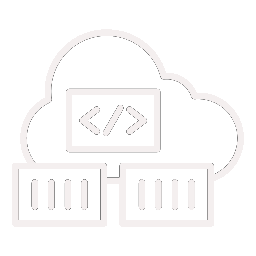What Are Mobile Data Terminals?
Mobile Data Terminals (MDTs) are portable devices enhancing efficiency, communication across industries like logistics, transportation, emergency services. They streamline workflows via real-time updates, optimized data collection, effective resource allocation. Integrated with cloud-based TOS, MDTs provide seamless operations for Container Terminals, depots.
Key Features
| Feature | Benefit |
|---|---|
| GPS Integration | Optimizes yard, vessel movements. |
| Cloud Computing | Facilitates secure data storage, sharing. |
| ERP Compatibility | Ensures smooth enterprise system integration. |
| Durable Design | Withstands harsh environments. |
| IoT Capabilities | Enhances equipment control, networks. |
Applications
In Container Terminals, MDTs improve berth planning, crane operations, yard management. For emergency services, they offer secure communication, real-time updates, enhanced situational awareness.
Future Trends
Advancements in MDTs include IoT integration, AIS, compliance with ISO standards. These developments promise better optimization of vessel movements, storage, equipment control.
